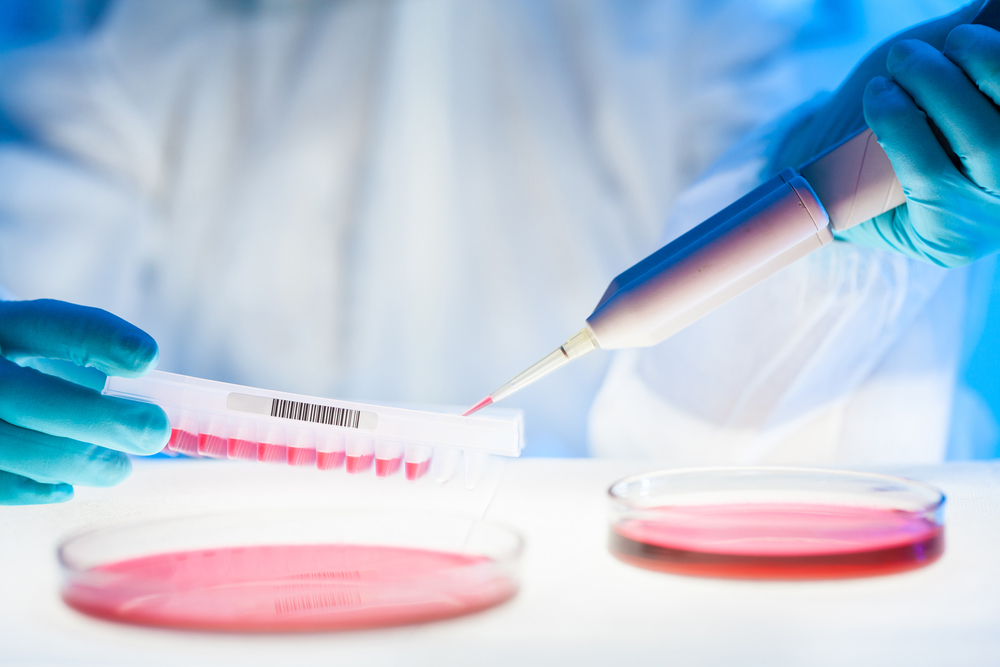Axiogenesis’ key capability is the provision of highly pure, tissue-specific human cells in unlimited volumes and at costs compatible with screening applications. This now makes it cost-effective during early drug development to use human cells not only in secondary screening, but also in primary high-throughput screens. This paradigm shift allows for early, more accurate identification of safe and effective therapies.
Axiogenesis commercial products include cardiac and neuronal subtypes, as well as the corresponding iPSC-derived connective tissues (e.g. cardiac fibroblasts and astrocytes) for highly physiological in vitromodel systems.
Pure human iPSC derived cardiomyocytes, (Cor.4U®), are a defined mixture of atrial, ventricular and pacemaker cells. A ventricular cardiomyocyte subpopulation product, (CorV.4U™), was recently launched. Cardiomyocytes bearing disease-associated genetic mutations, using technologies such as CRISPR-Cas9, as well as integrated detection sensor technologies, are in development.
The neuronal portfolio currently includes Peripheral (Peri.4U™) and Dopaminergic Dopa.4U™) neurons. A CNS population of neuronal subtypes modeling the midbrain and Astrocytes will also be launched in Q2 of 2015.
A unique focus of Axiogenesis is in development of phenotypic assays with iPSC-derived cells as disease models. In 2013 Axiogenesis was awarded patents in Japan, Europe and the USA for the use of iPSC derived cardiomyocytes in cardiac disease models such as cardiac hypertrophy.
Cindy Collins, General Manager, Research and Applied Markets, GE Healthcare, said, “Stem cell-based assays are increasingly valuable tools for drug discovery and development. GE Healthcare makes this important intellectual property available to companies such as Axiogenesis to enable progress, advance the science and benefit the wider industry in its search for new therapies.”
“The Asterias patent portfolio allows for a more efficient path to market our in vitro assay solutions for the preclinical drug development community, while also ensuring FTO and improving the economics of using iPS cells in screening.” states Heribert Bohlen MD, CEO of Axiogenesis.
About Axiogenesis
Since 2000, Axiogenesis has been capturing the potential of stem cells to revolutionize drug discovery & development. Axiogenesis develops and commercializes stem cell-derived, in vitro differentiated cell types, and develops assays and disease models.
Axiogenesis is headquartered in Cologne Germany where its cleanroom production facilities are located. The USA subsidiary, founded in 2014, is located in Philadelphia, USA. Visit www.axiogenesis.com
Contacts
Felix Haniel
Business Development
+49-221-99-88-18-0
info@axiogenesis.com
About BioInformant
BioInformant is the first and only market research firm to specialize exclusively in the stem cell industry. BioInformant research has been cited by major news outlets that include the Wall Street Journal, Nature Biotechnology, Medical Ethics, Vogue Magazine, and more. Serving Fortune 500 leaders that include GE Healthcare, Pfizer, and Goldman Sachs, BioInformant is your global leader in stem cell industry data.
